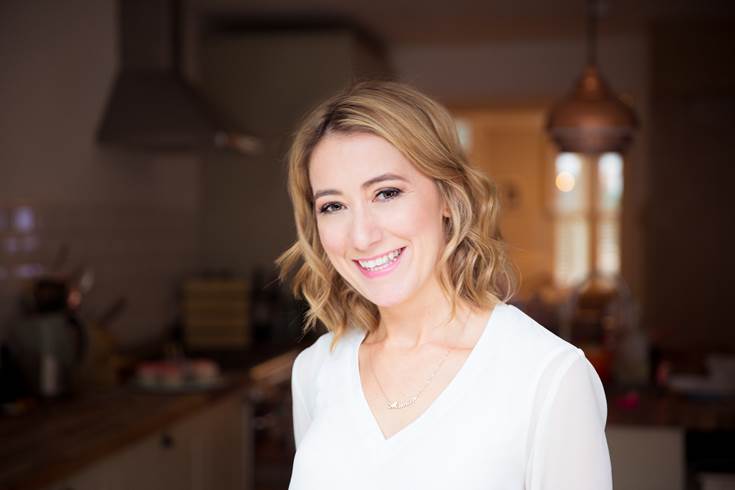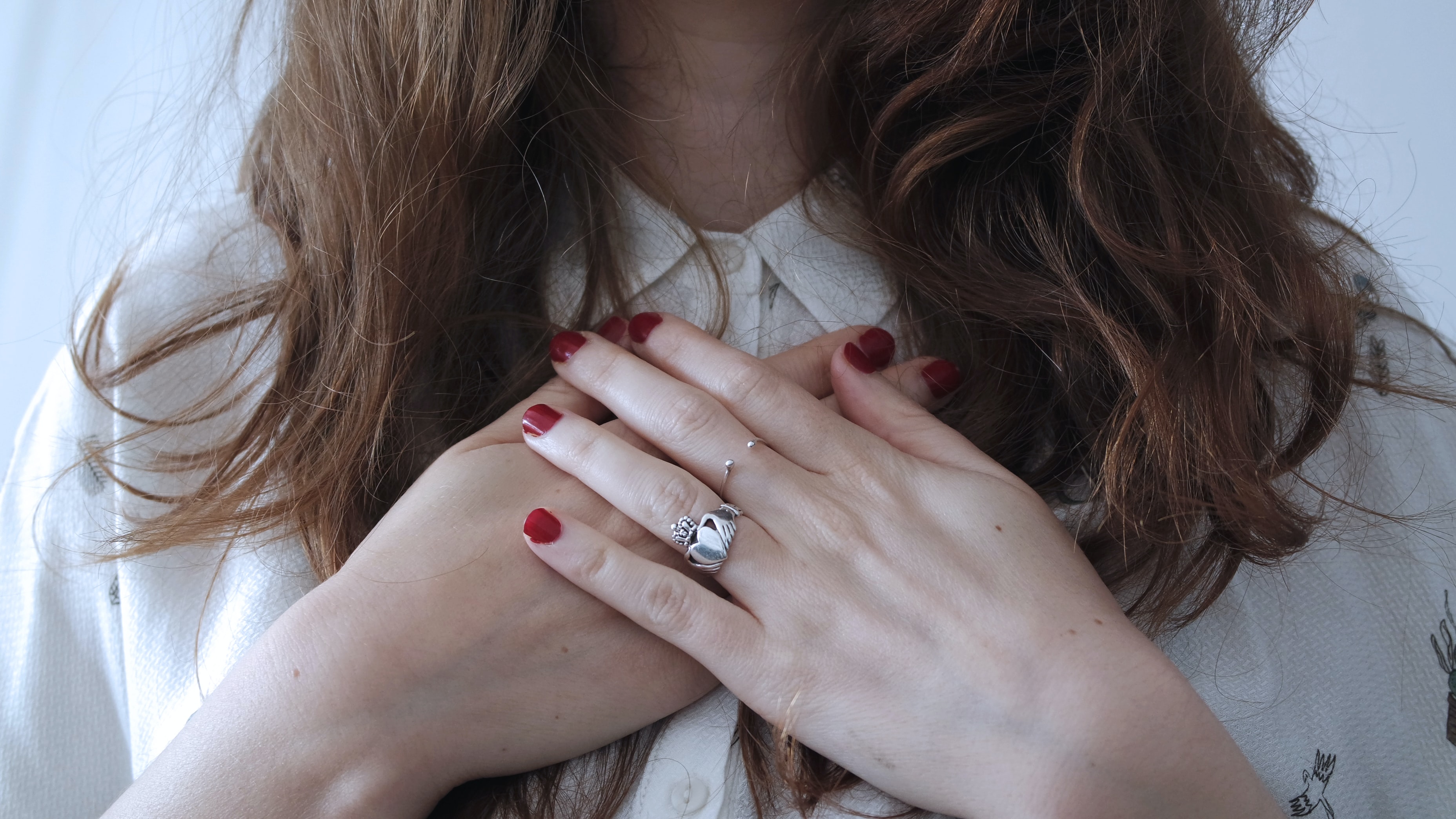The only person you have a life-long relationship with is yourself. How many times have people said this to you? Or maybe you have just read this for the first time, or maybe you know it intuitively? Whatever the case, when we really begin to think about the nature of our relationship to ourself, of what that truly means for us, it can be quite surprising, indeed a little uncomfortable.
It seems that, for many people, this isn't a particularly helpful or happy relationship; in fact, many people have quite a destructive and painful relationship to themselves, one that they might walk away from if it was a relationship with anyone else.
How we relate to our past, our present and our future are all aspects of this relationship, and this affects how we talk to ourselves: our constant inner monologue, which in turn affects our thinking, our behaviours, and then our feelings and emotions. It is a relationship that is also often reflected in how we relate to others. A negative critical self-perception or torrent of negative thoughts can, if unchecked, become a destructive force in our daily lives.
If we blame ourselves, suffer from guilt and shame, worry, stress, get fearful and anxious over what we did or didn't do – all of this harms our self-relationship. A damaged relationship with ourself creates our own suffering, which can be both emotional and physical.
I see this often in the counselling environment and it's one of the main reasons I feel strongly about giving my clients the tools and skills to be more mindfully self-compassionate.
In therapy, clients can be given the time and space to heal the relationship they have with themselves and fashion this into a more compassionate, caring, kind and loving relationship, to make it one that they want to be in and enjoy life with, to its fullest possibilities. In counselling, clients can pause and imagine what it may be like to have a wonderful relationship with themselves; how it would feel to let go of old habits; to not be self-critical all the time.
Examining your self-relationship can be helpful in many areas of life. Especially when we are unwell or in pain - emotional or physical. How we relate to this pain, and whether we make things harder for ourselves through negative self-talk and a lack of self-compassion, can be revealed through examining how we relate to ourself. There is a quote in mindfulness that explains this quite beautifully: "pain is inevitable, suffering is optional".
If we cling to anger or hatred – towards ourselves or others – we will suffer. It is possible to respond strongly, wisely, and compassionately.
Offering ourselves such care might feel strange and unfamiliar at first; we always tend to put the needs of others, work, colleagues and family first, and sometimes extending compassion to ourselves in this way feels downright embarrassing. But if we embrace this practice, it can truly be life changing if you put in the work; and surely you are worth the time and effort. Be kind, be caring, be compassionate, be the best possible version of the unique human being you are.
As you begin to understand your lived experience, with your relationship to yourself at the centre, you can learn to be on our own side, to be your own best friend, to be kinder, more self-compassionate. The relationship you have with yourself is life-long: make it a good one, you deserve it.







